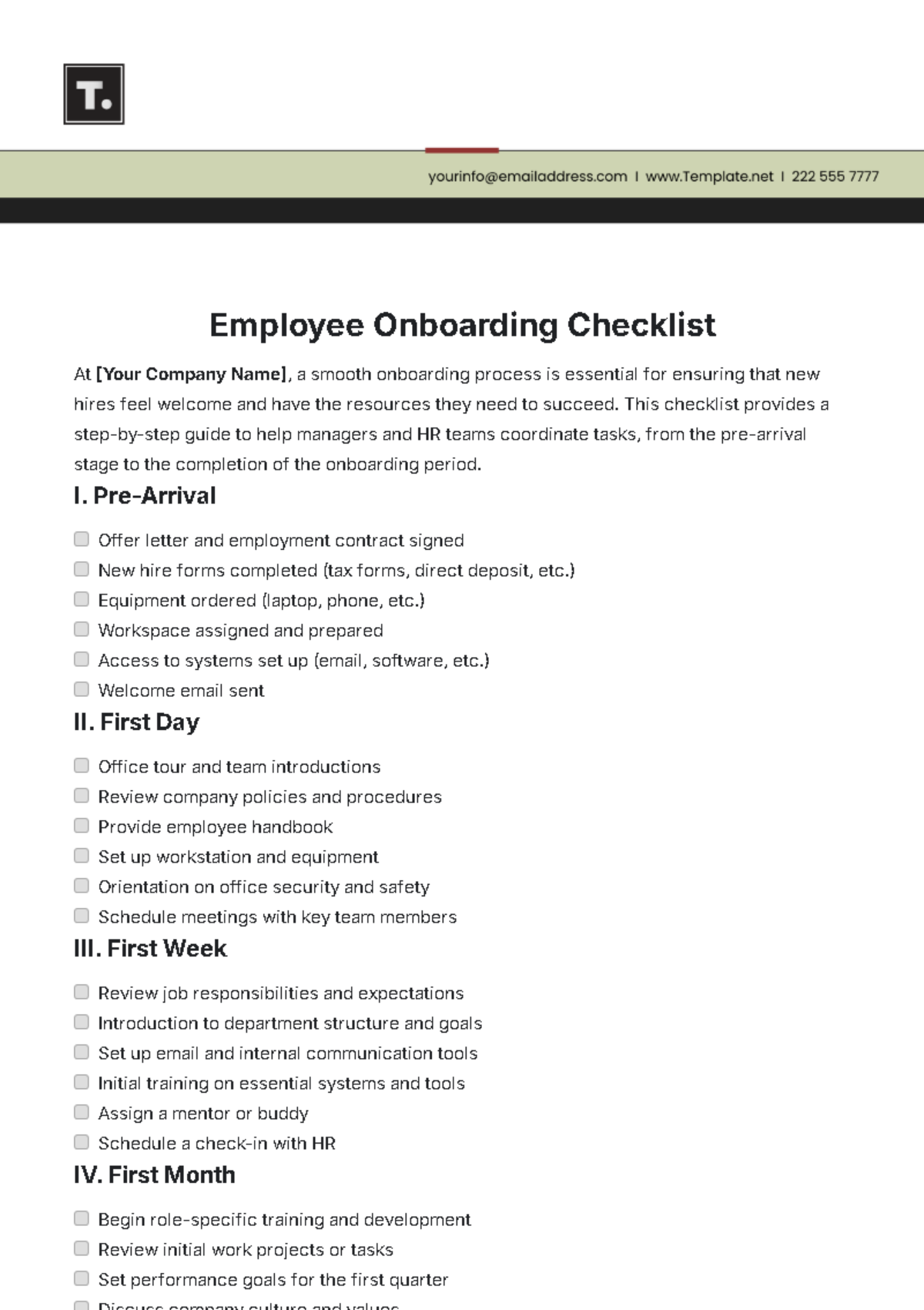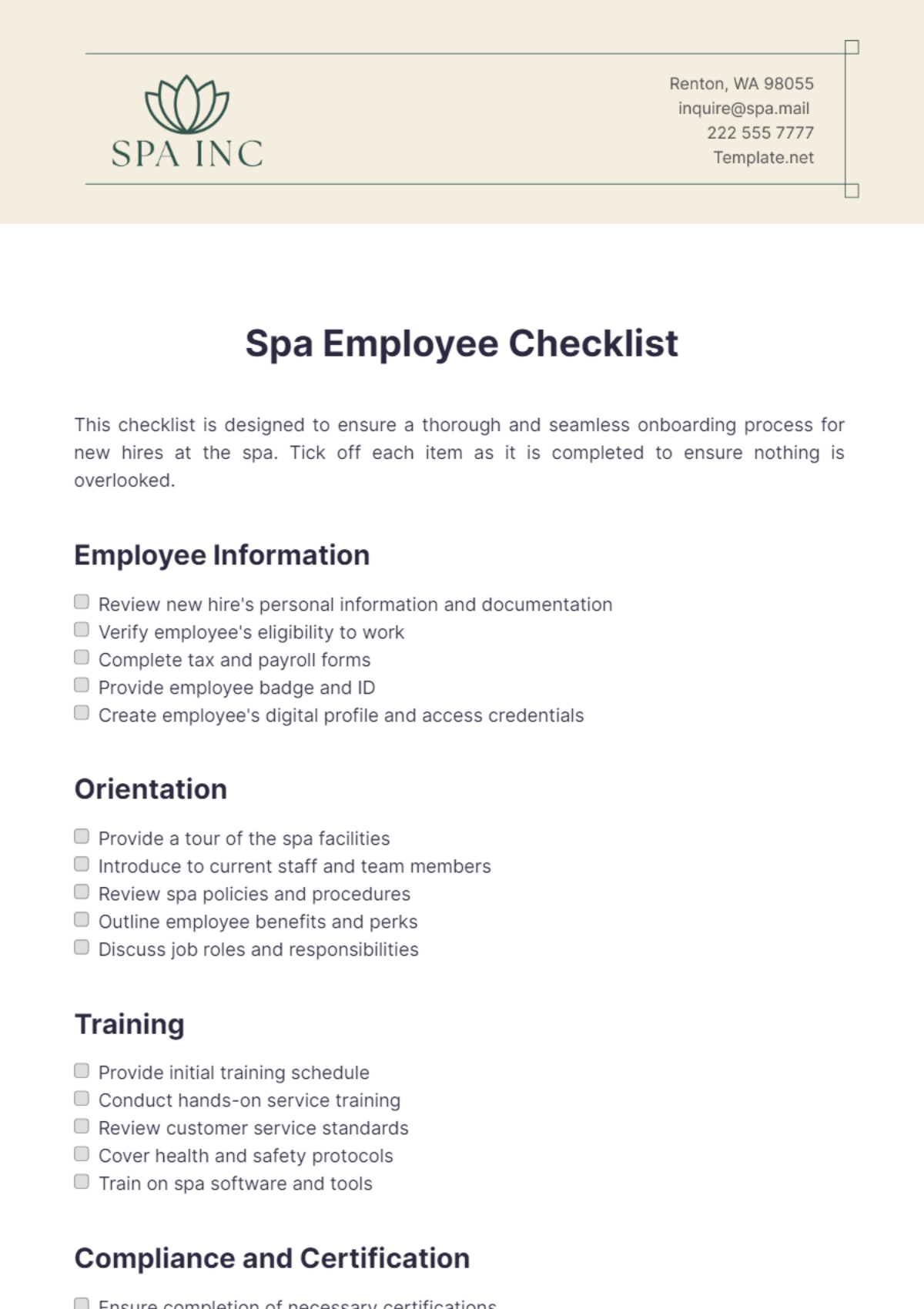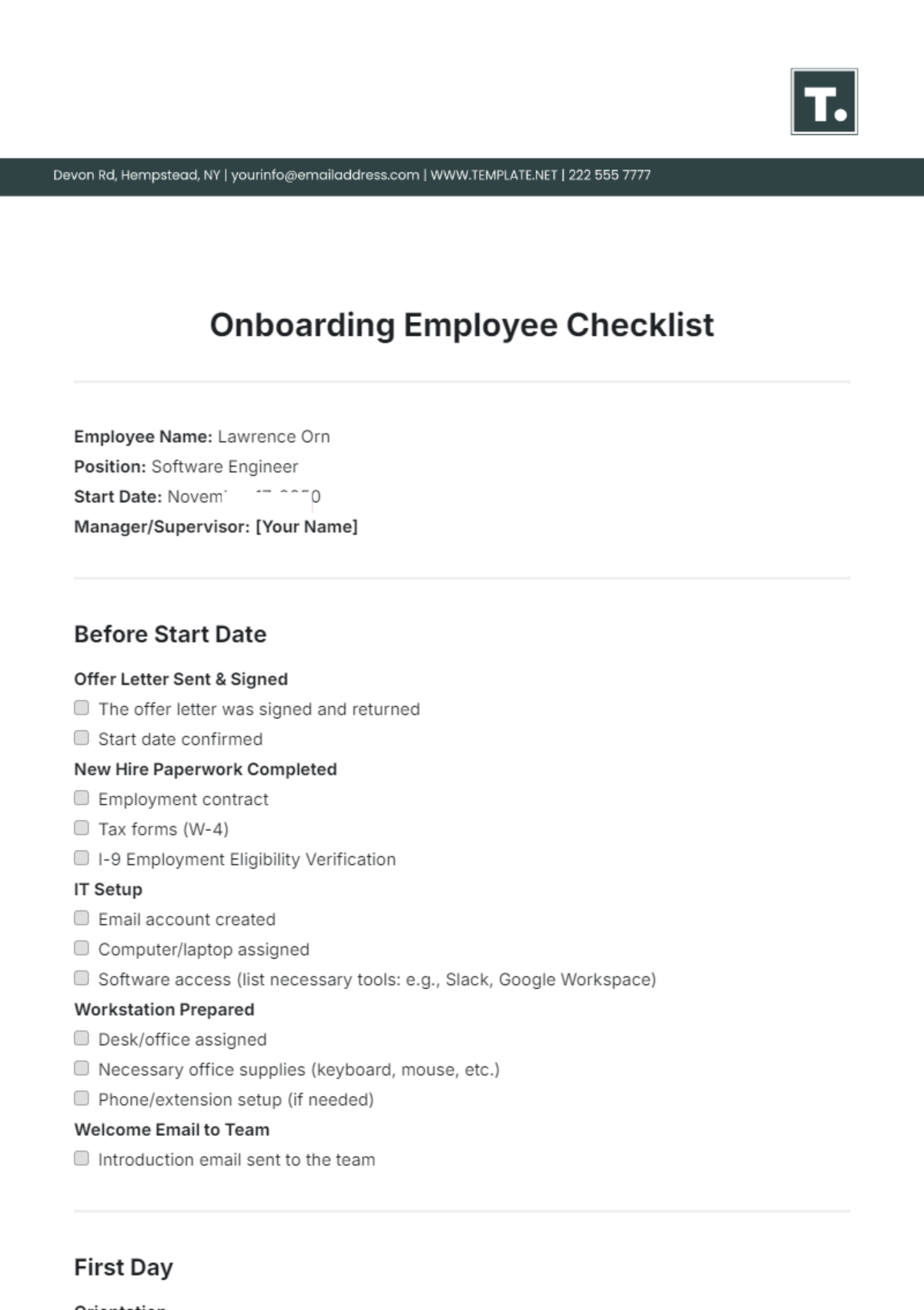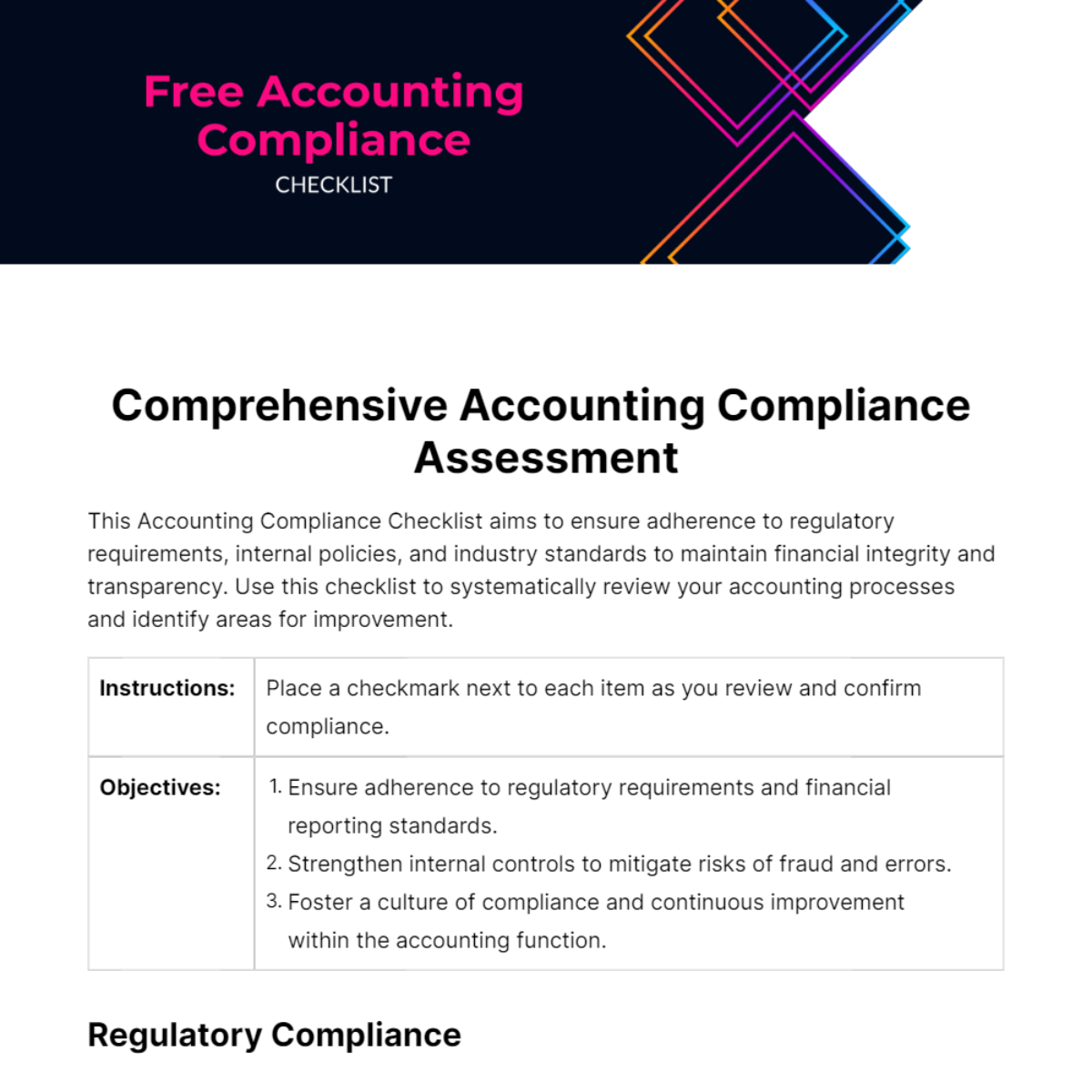Comprehensive Accounting Compliance Assessment
This Accounting Compliance Checklist aims to ensure adherence to regulatory requirements, internal policies, and industry standards to maintain financial integrity and transparency. Use this checklist to systematically review your accounting processes and identify areas for improvement.
Instructions: | Place a checkmark next to each item as you review and confirm compliance. |
Objectives: |
|
Regulatory Compliance
1. Tax Compliance:
Ensure timely filing of all required tax returns.
Verify accuracy of tax calculations and payments.
Review compliance with local, state, and federal tax laws.
Confirm adherence to tax reporting requirements for payroll and sales tax.
Assess compliance with tax-related disclosure regulations.
2. Financial Reporting:
Validate accuracy and completeness of financial statements.
Confirm compliance with Generally Accepted Accounting Principles (GAAP) or International Financial Reporting Standards (IFRS).
Review consistency in financial reporting methodologies.
Assess compliance with Securities and Exchange Commission (SEC) regulations if applicable.
Verify adherence to reporting deadlines for regulatory bodies.
Internal Controls
1. Segregation of Duties:
Ensure separation of duties between authorization, custody, and recordkeeping.
Review access controls for financial systems and sensitive data.
Assess segregation of duties to prevent fraud and errors.
Verify proper documentation of authorization processes.
Confirm periodic review and update of segregation of duties policies.
2. Documentation and Recordkeeping:
Ensure accurate and comprehensive documentation of financial transactions.
Review retention policies for financial records and documents.
Verify compliance with recordkeeping requirements for audits and reviews.
Assess storage and accessibility of financial records.
Confirm proper backup and disaster recovery procedures for financial data.
Risk Management
1. Fraud Prevention:
Review fraud detection controls and procedures.
Assess employee training on fraud awareness and prevention.
Verify implementation of whistleblower policies and reporting mechanisms.
Conduct periodic fraud risk assessments.
Ensure segregation of duties to mitigate opportunities for fraud.
2. Compliance Monitoring:
Regularly monitor changes in regulatory requirements.
Assess effectiveness of compliance training programs.
Review internal audit findings and recommendations.
Confirm implementation of corrective actions for compliance deficiencies.
Monitor industry best practices and benchmarks for continuous improvement.





